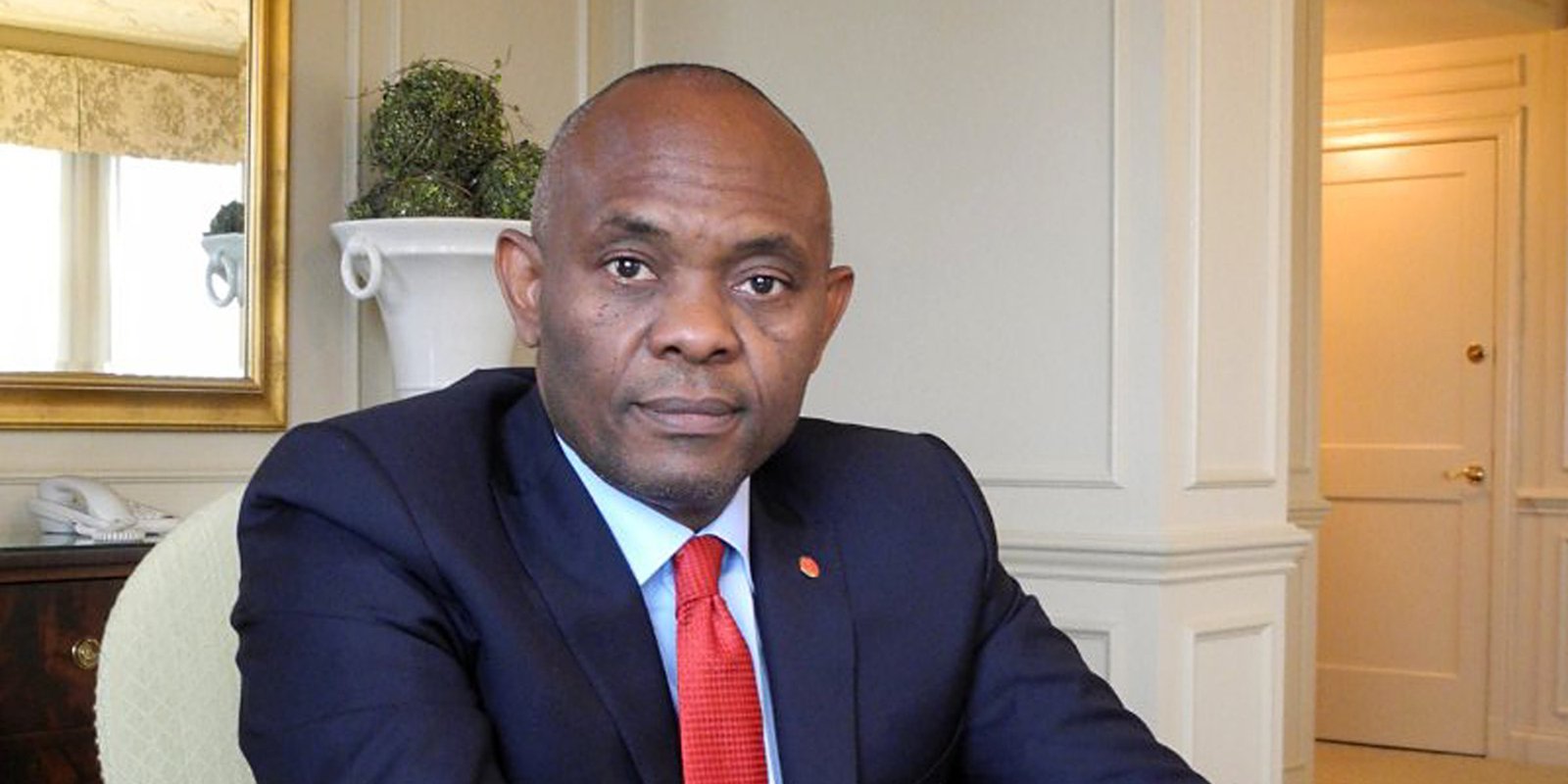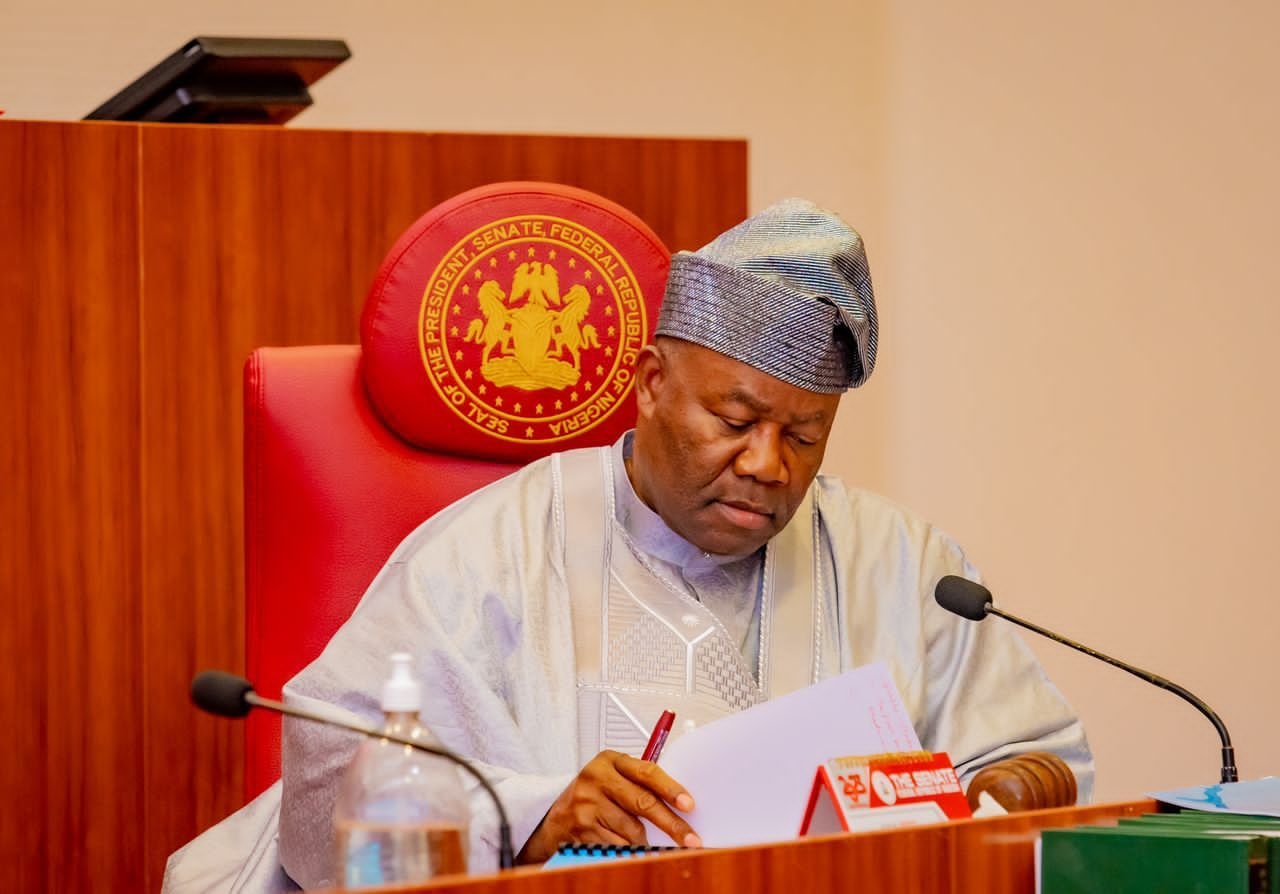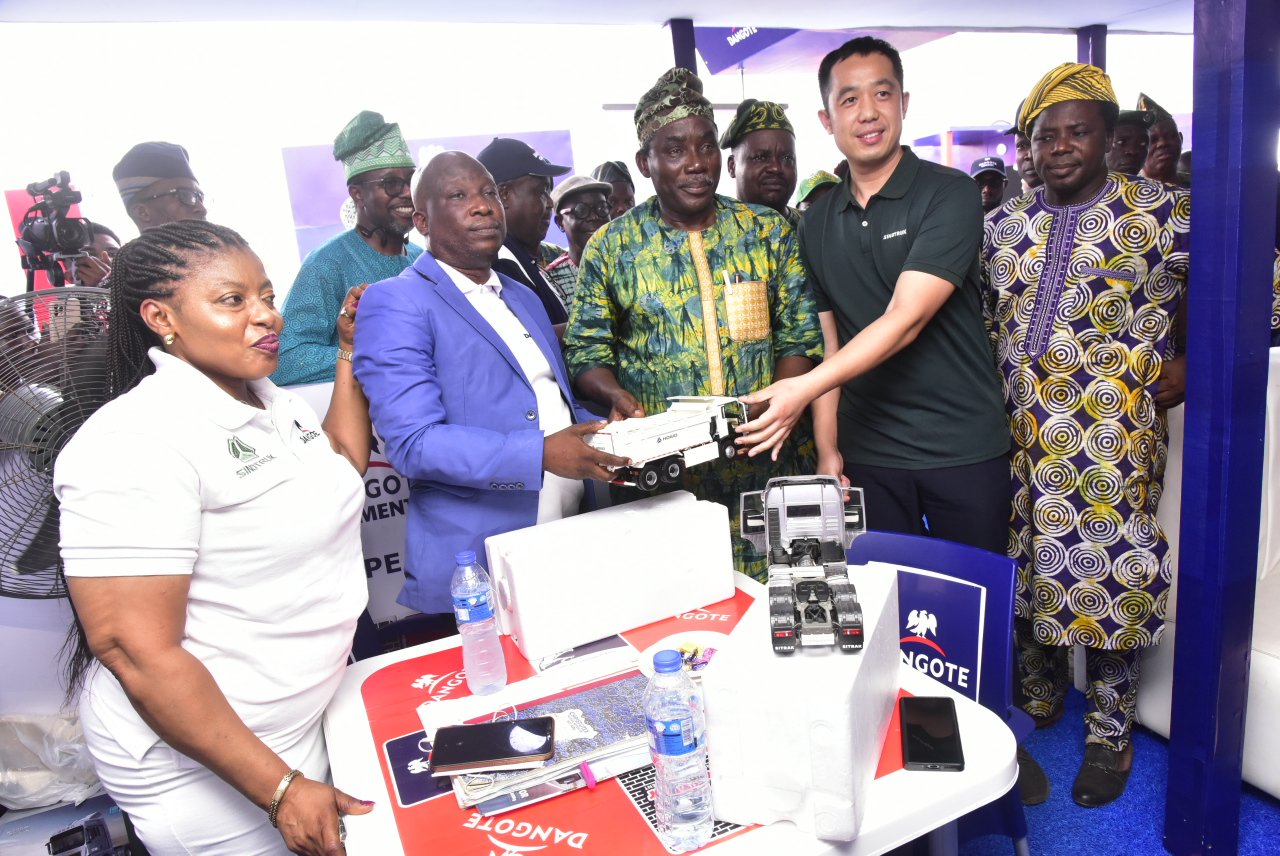What do you think needs to be done to make Nigeria’s power sector more efficient, particularly in terms of service delivery?
In the power sector, there are three parts: generation, transmission, and distribution. Transcorp, through Transcorp Power and Trans-Afam Power, as of today in Nigeria, own the highest generating capacity in the country. We have a generating capacity of about 2,000 Megawatts, MW, of electricity a day but, unfortunately, we do less than 500MW at this point in time. A major constraint in this area is gas, then there is the issue of transmission and evacuation of the generated electricity, and there is also the issue of payment. For us to be able to generate more, we need to have gas, and this is why our group invested in oil and gas. Investing in oil and gas as a group isn’t necessarily because of oil, it is more because of gas. We want to be able to ensure that we have gas, from our oil and gas production, to convert it to electricity. With the acquisition we had recently, I’m happy to say it is already supplying gas to our Trans-Afam power plant, but we also need to make sure we stabilise our transmission lines. This country needs at least 100,000MW of electricity a day to power the economy but, today, we operate less than 5,000. We need to do more. Some other critical parts are payments, distribution, and metering. I must commend the Central Bank of Nigeria, CBN’s Governor, Godwin Emefiele. He has done very well because he came in to help increase revenue in that space. Until the end of last year, we used to get less than 20 per cent payment for power supplied but, today, it has improved to 50 per cent. Transcorp Power alone is owed over N100 billion, but it’s gradually improving. For the power sector in Nigeria to work well, if we want to drive this economy, we need to increase generation, make sure we address the gas supply issue to generating companies; we need to make sure the transmission lines are capacitised to evacuate the power, we need to also make sure that power generated is taken by DisCos and the metering should be right for the end users to pay. If I generate electricity, I should be able to get money so that I can service my obligations as well as make sure that all the parts, in particular, are serviced to ensure the generating plants keep running. It is a critical sector. We need to invest in it, and the stakeholders need to make sure that it works. If it works, the country’s economic development becomes more real; if it doesn’t work, it’s going to be a problem. I, through the Tony Elumelu Foundation, TEF, empower young entrepreneurs and if you ask them what the challenges they face in this country are, they will tell you that it’s poor access to electricity. And so, some of them will not succeed with any amount you give, because they spend so much on electricity. Even in the hospital, healthcare business, every sector in our economy, we need to fix the power sector. We need to prioritize it more, but I commend the efforts going on now, as the government has been making sure we privatize the remaining GenCos. But the transmission lines need to be fixed and the payment system needs to be improved.
Do you think the Nigerian government should hands off transmission and are you going to bid for it and other GenCos?
We will be interested in one of the Hydros. In the area of the transmission line, I think that, ultimately, it should be privatized. What some of us have advocated is that the GenCos and the DisCos, the entire power stakeholders, should come together and make a deal with the Federal Government to take over the transmission lines, and it will be in our self-interest to make sure it works. If you have the transmission lines and it doesn’t work, there is no way to evacuate your power. That sector is so critical and pivotal for the survival of our power sector, it’s critical for improving access to electricity. What is important to us as operators is to have expanded capacity, but I’m sure if you talk to people in the transmission line, they will also give you reasons why they have their own constraints. But to us, we want to see massive improvement; we should be able to capacitise that space. I think the Ericsson deal, I’m told, should be able to make that happen. The details of that I don’t know, but I’m told it will help to capacitise the transmission line.
Do you subscribe to the unbundling of the Transmission Company of Nigeria, TCN, for efficiency in the power sector?
What I do know is that we need to improve capacity in the area of transmission, and whatever we need to do to make that happen should be done. The time is now because we are all suffering this challenge. At times, the generating plant runs into difficulties because you generate and it can’t be taken, and the power plant can just break down. We don’t need all that frustration in the power sector. Whatever it takes to fix that sector, we should do it. Some of us in the power generating space have signified interest to be involved in the transmission so that, collectively, we will be able to make it work. But even when that works, we need to make sure that people are metered and that they pay. The distribution companies should take what is supplied to them and also pay to NBET who will, in turn, pay the GenCos. So, each of the three critical parts must work well; the generating companies must generate, the transmission company must transmit, and the distribution company must ensure it gets to end users, because that’s where people feel the impact of electricity.
Kindly clarify issues, including your payment of over N100 billion for AFAM Power station?
Transcorp has two companies in the power sector — Transcorp Power and Trans-Afam Power and they are all limited companies. Transcorp Power owns the Ughelli power plant — the installed capacity of Ughelli Power plant is about 980 to 990MW of electricity. We own that 100 per cent. The second plant is the Afam Power plant, a $300 million acquisition. Our deal with the Federal Government is hinged on the fact that the plant has not been completed. General Electric, GE, is handling the fast power, and they promised to complete it this year, but the government believed in what we had done at the Ughelli power plant. When we took over the Ughelli plant, it was generating 150MW of electricity per day. We took that daily generation to 750MW and in record time, and the Federal Government was very impressed. That was under President Jonathan’s regime. Now, with President Buhari’s regime, we did the Afam Power plant deal. The current government, impressed with our track record in Ughelli, allowed us to invest there, and the understanding is that GE will complete it. But pending that, we wanted to take over the plant and so they said, pay 25 per cent, take over the plant and take over the supervision of the completion of the installation, which is ongoing now. Again, thanks to the Federal Government, thanks to the Minister of Finance and the CBN because they are making the payment, so that GE can complete it. When they do, we make the final payments. Trans-Afam Power and Transcorp Power combined have about 2,000 generating capacity, which I earlier spoke about. That is the fact. It is all about comfort with us. We have a track record of turning around businesses, and in this case the generating plant, seeing what we did with Ughelli, moving it from 150 to over 750MW per day, and also the need — Nigeria needs huge electricity; we don’t have enough. I think the government is doing the right thing in encouraging people who have the capacity to help improve electricity to do so. We want to do that and we want to even do more in the country in this space. With our gas supply to the power plant, we think we are just starting.
Earlier this year, Heirs Holdings acquired a 45 per cent stake previously held by Shell, Total and ENI in OML 17. Does that deal give Heirs Holdings operatorship or is that going to be handled by the Nigerian Petroleum Development Company?
Again, the acquisition of investment in Oil and Gas by Heirs Oil and Gas is one that speaks to our overall energy strategy. Our energy strategy is integrated to make sure we help the last person in Nigeria and Africa to have improved access to electricity. So, we acquired the OML 17 from the international oil companies you mentioned, and then we made a case to the NNPC and we justified that we have the capacity and capability to operate the asset, and they approved for us to operate. I’m happy to say that it is a truly indigenous oil and gas company owned by Nigerians, operated also by Nigerians and, between when we took over and now, there has been an improvement. Today, we produce over 31,000 barrels of oil per day, which is a slight improvement from what it was. We think we are just starting. Actually, the CEO of the company just resumed. Our ambition is to produce over 100,000 barrels of oil per day because the asset in the past has produced close to that. We want to do what we know how to do, which is extracting value for stakeholders. So, yes, we are really happy to have that responsibility to operate this asset, and we think it will be done to the benefit of all stakeholders, the government, host community, and the investors.
.First published by Arise Television, Lagos, Nigeria



 Subscribe to our Newsletter
Subscribe to our Newsletter




